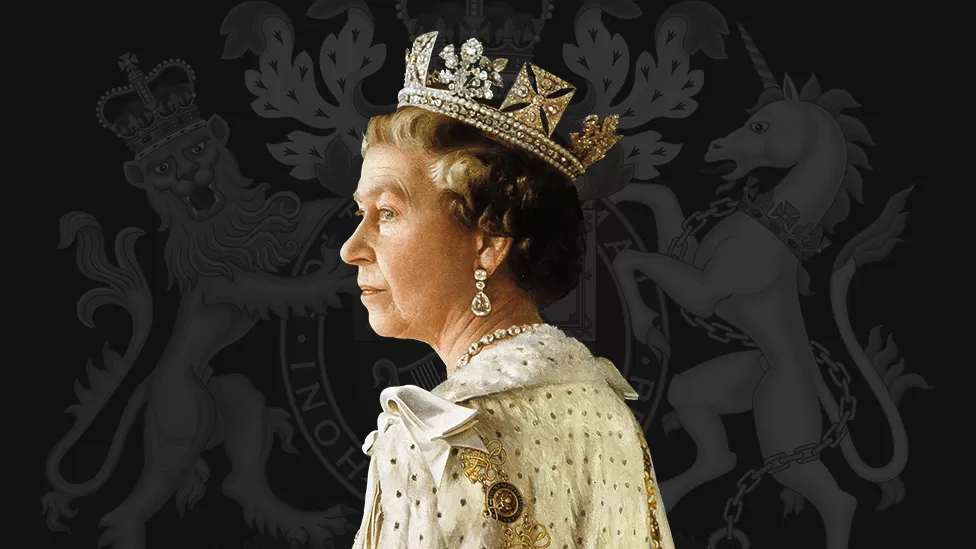Queen Elizabeth II, the UK’s longest-serving monarch, has died at Balmoral aged 96, after reigning for 70 years.
Her family gathered at her Scottish estate after concerns grew about her health earlier on Thursday.
The Queen came to the throne in 1952 and witnessed enormous social change.
Her eldest son, Charles, becomes King Charles III, and the head of state for 14 Commonwealth realms. He said the death of his beloved mother was “a moment of great sadness”.
In a statement, His Majesty the King said: “We mourn profoundly the passing of a cherished Sovereign and a much-loved Mother. I know her loss will be deeply felt throughout the country, the Realms and the Commonwealth, and by countless people around the world.”
He said during the period of mourning and change he and his family would be “comforted and sustained by our knowledge of the respect and deep affection in which The Queen was so widely held”.
In a statement, Buckingham Palace said: “The Queen died peacefully at Balmoral this afternoon.
“The King and the Queen Consort will remain at Balmoral this evening and will return to London tomorrow.”
All the Queen’s children travelled to Balmoral, near Aberdeen, after doctors placed the Queen under medical supervision.
Her grandson, Prince William, is also there, with his brother, Prince Harry, on his way.
Ms Truss, who was appointed by the Queen on Tuesday, said the monarch “provided us with the stability and strength that we needed” and the country would support the new King.
“We offer him our loyalty and devotion, just as his mother devoted so much, to so many, for so long,” she said.
“And with the passing of the second Elizabethan age, we usher in a new era in the magnificent history of our great country, exactly as Her Majesty would have wished, by saying the words ‘God save the King’.”

